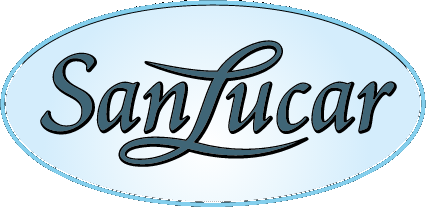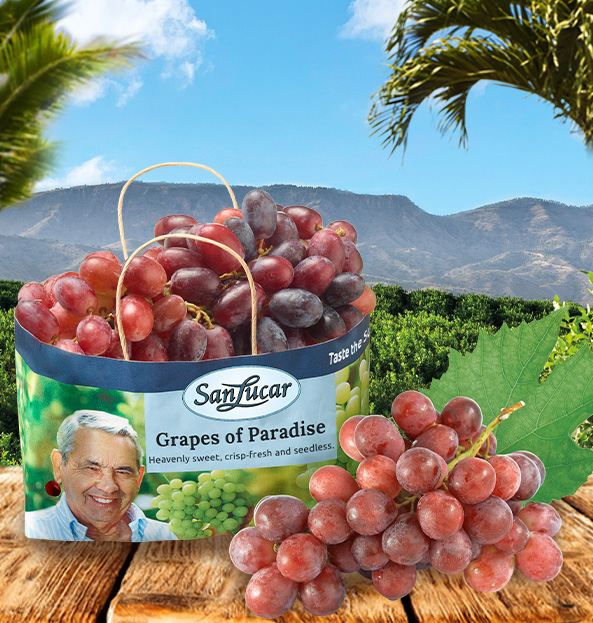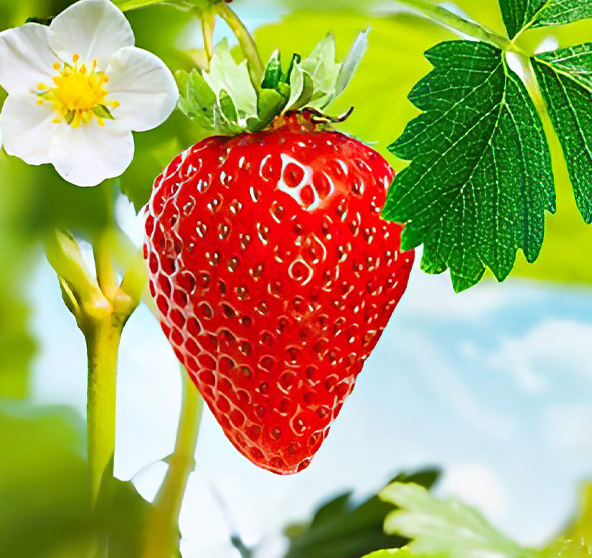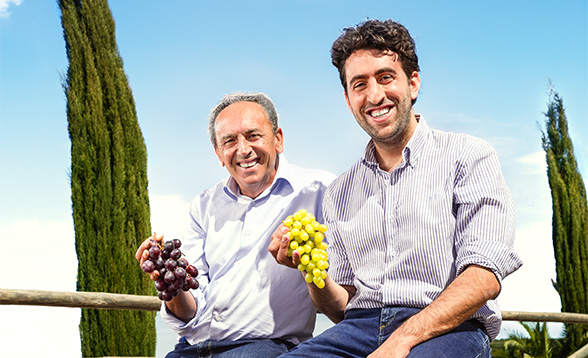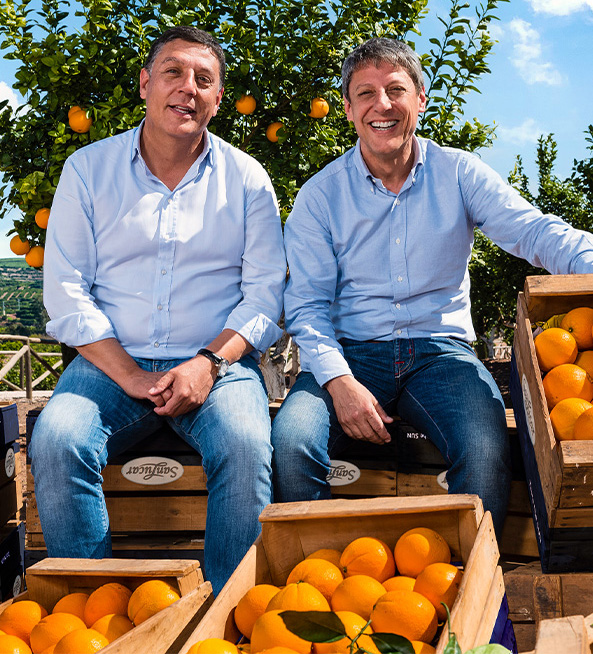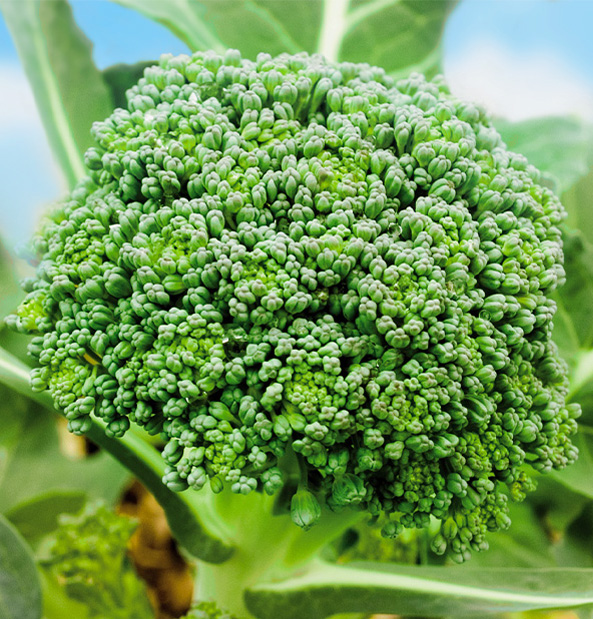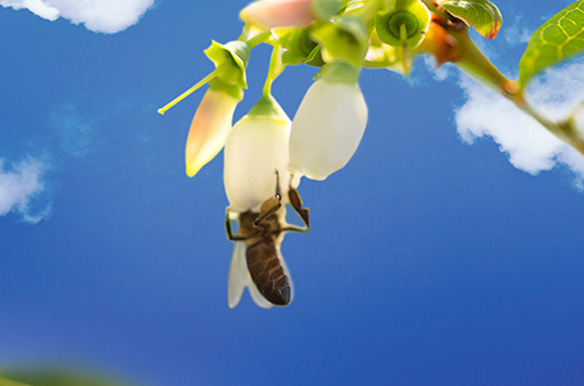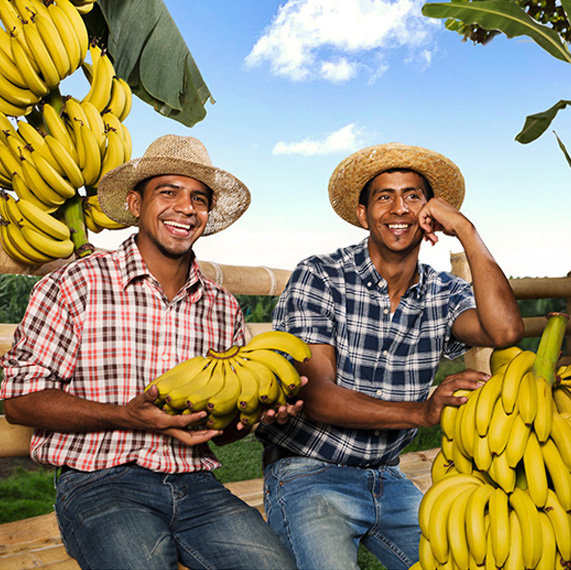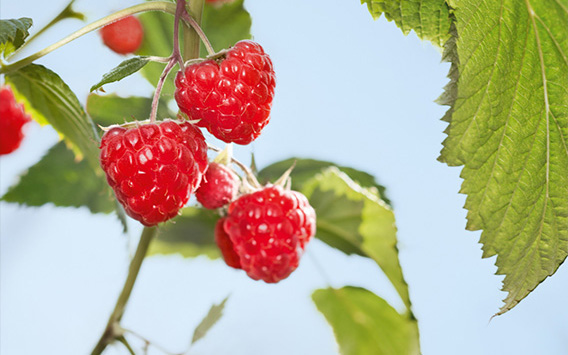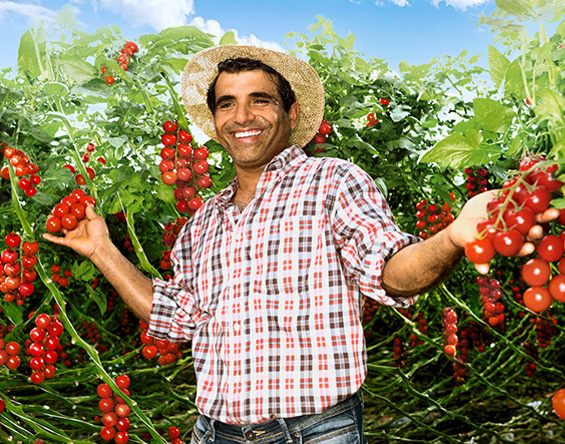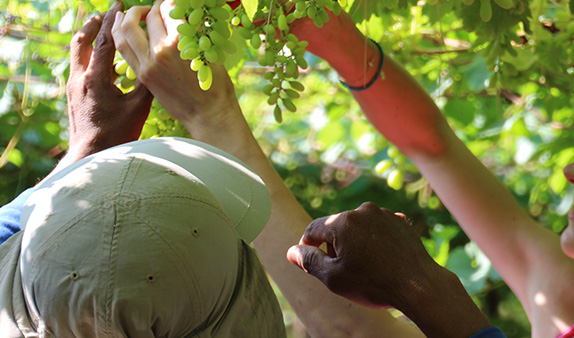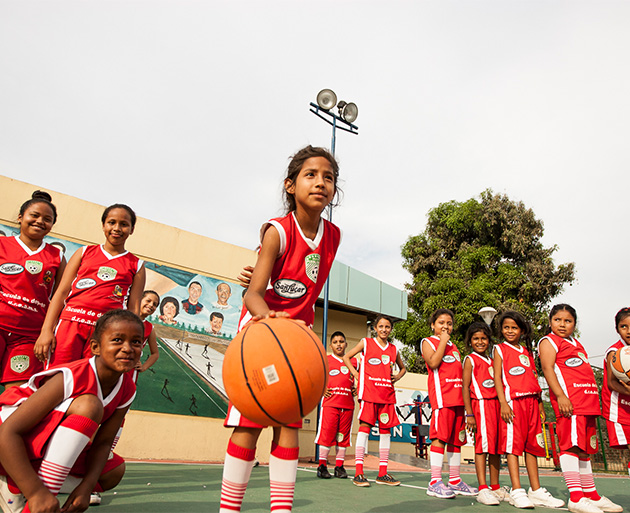Why do you offer fruit from abroad? Doesn’t this increase CO2 emissions?
Bananas, pineapples, mangoes, mandarins, oranges, avocados, grapes – many of the fruits we offer are not native to Germany. Nevertheless, customers want them because they are healthy and really tasty. That’s why we grow them abroad, but also offer German fruit and vegetables, such as apples, blueberries, raspberries, currants and tomatoes. Our mission is to provide everyone with the most natural, freshest and tastiest fruit and vegetables. And in a way that we can be proud of. Nature and the climate are very important to us; after all, we are particularly dependent on both.
That is why we are cutting down on the climate killer CO2 as much as possible. We work on this every day. And these are our measures so far: By recycling almost 1,000 tonnes of paper, cardboard, carton, glass and lightweight packaging, we have saved around 4,659 tonnes of primary resources. This has enabled us to avoid the production of 832 tonnes of CO2. To achieve this value, 66,000 trees would have to be planted, which would correspond to a forest area of around 8.18 hectares.
In 2017, we also started planting trees on vacant land at our hacienda in Magdalena, Ecuador. The reforestation on the banks of the Puebloviejo River will probably cost us a lot of effort in the coming years, but it is worth it to us because we are creating a natural ecosystem: the growing trees prevent soil erosion and create a new habitat for plants and wild animals. They also store considerable amounts of the greenhouse gas CO2.
